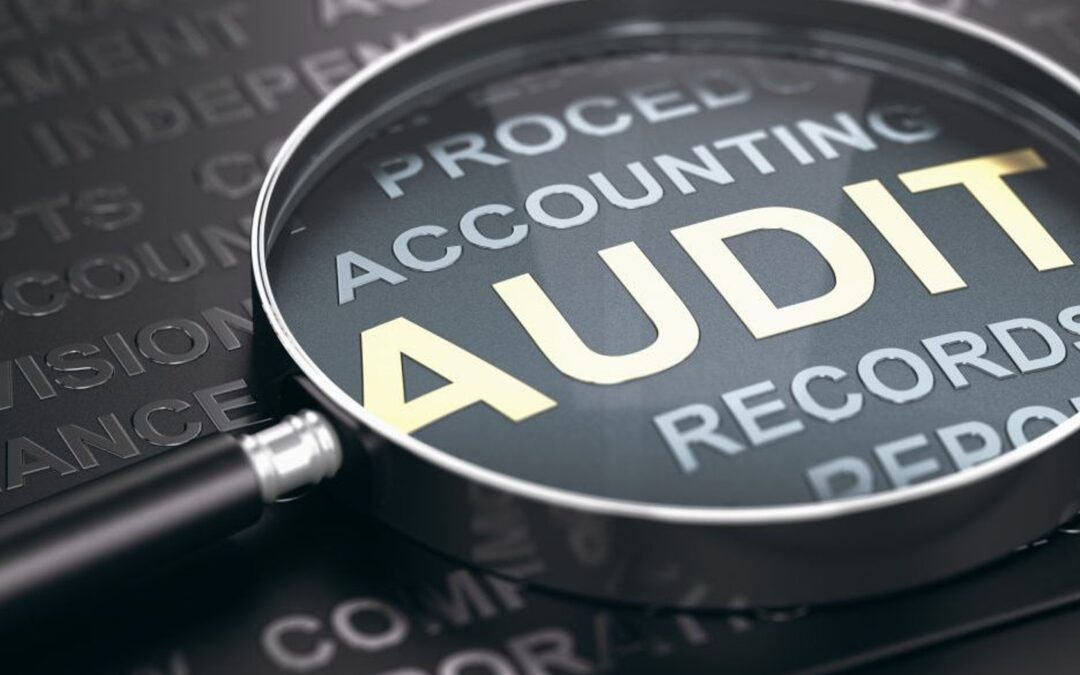
Enhancing Efficiency and Security: How Privatization Improves Long-Term Evidence Storage
Criminal case evidence must be stored within a secure facility, and chain of custody documentation must be maintained for each piece of evidence stored within it. In a perfect system, all evidentiary items are stored in adherence to regulations, in their proper environments, their exact locations are known, and they are easily retrievable.
Law enforcement agencies maintain their own property and evidence rooms within their facilities. This has been the standard operating procedure for years, but like most systems, the system will eventually require updating to be effective. In the past few years, law enforcement has turned to the private sector in what amounts to that “systems update” for their long-term evidence storage needs.
Privatization of long-term evidence storage is an efficient and cost-effective solution to overcrowded and inefficiently managed property and evidence rooms. In this piece, we’ll focus on how private providers can improve an agency’s efficiency in the evidence management process while guaranteeing it remains secure and properly documented.
1. SECURE FACILITIES
Private facilities were designed for the job, many by former law enforcement evidence management experts. They include modern access control systems, video surveillance, and multiple monitored alarm systems – some companies have personnel on-site round the clock monitoring the facility and its systems; this allows for an immediate response to any security issue that could come up.
2. PEACE OF MIND WITHIN THE FACILITY
The task of storing evidence properly does not end at the outer walls of the facility. One of the most valuable services private companies offer is the ability to store items in the exact environment required. There is no “one size fits all” long-term evidence storage solution. Private facilities include multiple zones where the temperature and humidity levels are maintained according to the type of evidence stored within them. These systems are constantly monitored, ensuring the evidence remains in the environment called for.
Private providers utilize state-of-the-art tracking – like barcoding or RFID systems – to track evidence in their care. These systems pinpoint the location of every piece of evidence in their facility and provide the documentation necessary to maintain an unbroken chain of custody record.
3. ORGANIZATION
For law enforcement personnel who work in evidence management, gone will be the days of rummaging through a disorganized evidence room looking for a specific item – if they contract with a private provider. Most private facilities are warehouse-type buildings that can store vast amounts of evidence. And within that space, the evidence is highly organized. Private providers use specialized containers, tall shelving units, armories, vaults, refrigeration units, and other areas to accommodate large and odd-shaped items. Forklifts are common in private facilities, allowing the provider to maximize the storage space it has on hand – something you’d never see in an in-house evidence room. A private facility is organized, easy to clean, and easy for personnel to move around in. With that organization and the tracking system they have in place, items can easily and quickly be retrieved when needed.
4. LEGAL COMPLIANCE
Private companies streamline legal compliance, regulatory, and documentation tasks for law enforcement. The experts who helped design the facility are on-staff and have first-hand knowledge and years of experience in evidence handling and storage compliance management. They thoroughly understand the laws and all regulatory requirements of long-term evidence storage and have established their companies’ procedures to comply with them. And, of course, this includes maintaining an unbroken chain of custody record for the evidence stored in their facilities.
Many of the staff at a private company will maintain membership in professional evidence management organizations to take advantage of the training programs, law updates, and other information they provide to maintain the industry’s best practices.
5. COST EFFICIENCY
Maintaining long-term evidence on-site requires significant funding for law enforcement agencies. Contracting with a private provider can reduce personnel, facility maintenance, equipment, and supply costs. But is it cost-effective?
For many agencies looking into privatization, the answer is yes. Private providers can offer cost-effective solutions to law enforcement because they are experts in their field who have scrutinized their operations for efficiency and have set themselves up for success before they opened their doors. The scale of their operations and customized pricing plans allow them to provide their services affordably to individual departments.
Another budget-friendly aspect of privatization is the predictability of the cost. Private providers customize their pricing according to what an agency needs now and will provide them with a scalable pricing model based on future evidence storage requirements of the department. This fact allows law enforcement executives to plan their budgets accordingly.
SUMMARY
Many law enforcement agencies nationwide find themselves in an era where the traditional in-house long-term evidence storage method is no longer viable. Evidence management has become inefficient. It is costly, and most agencies cannot afford to build new facilities and cover all the associated costs. But there is good news. The private sector has a solution to the problems those agencies face. With experts at the helm of their companies, private providers can store evidence long-term in secure facilities that include the most modern security and tracking systems and comply with all laws and regulations that govern evidence storage. By operating and maintaining organized facilities, evidence retrieval is easy, and the company can provide unbroken chain of custody documentation. Private companies tailor their services to the agency, and the scale of their operations allows them to offer cost-effective long-term evidence storage solutions to law enforcement.
FORTRESS PLUS SOLUTIONS
At Fortress Plus Solutions, we provide safe, secure storage, handling, and transportation of evidence and property requiring long-term and special storage conditions. In addition, we offer evidence-room audits to help law enforcement maintain accurate and up-to-date evidence-room inventory records. And in our blog, we post informative articles about privatized long-term storage. To learn more about our services, click here.





